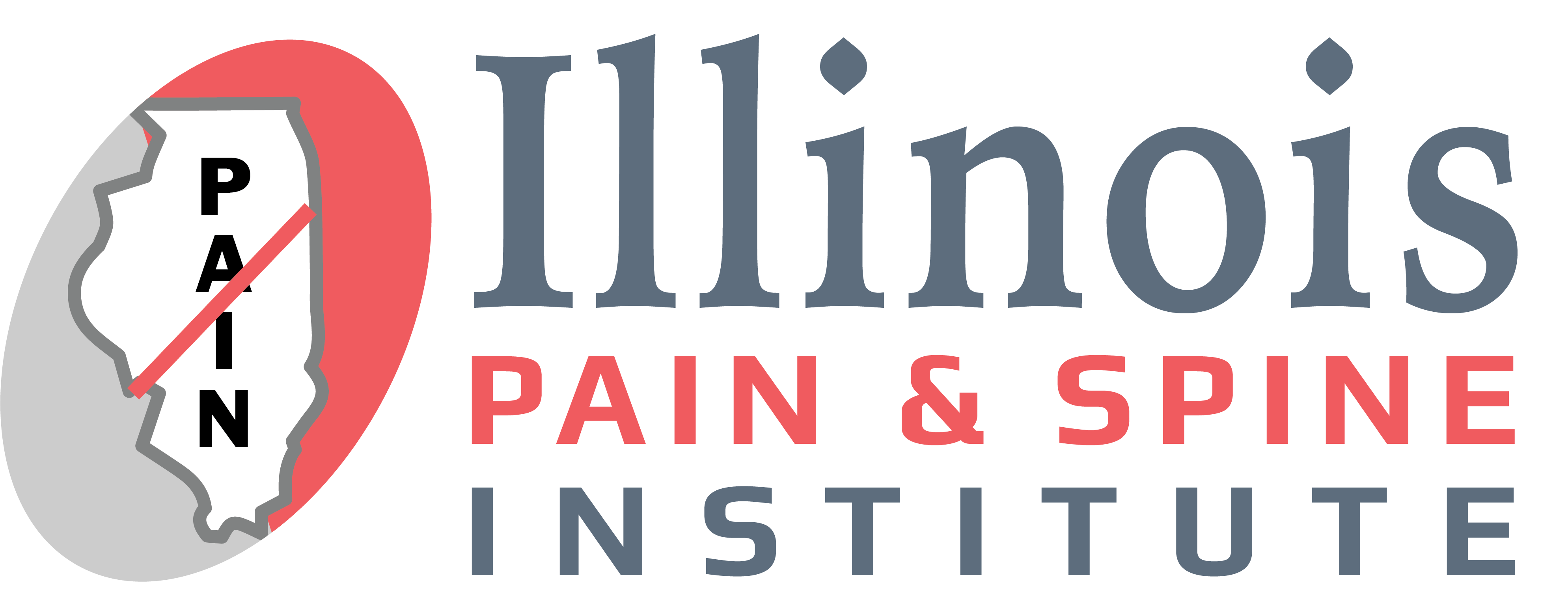11 Oct Nerve Block Complications
Nerve blocks are a treatment for pain management. They are an alternative treatment that allows patients to avoid surgical procedures. Many people suffer from chronic pain, often due to their nerves. Nerve blocks allow the medication to be injected into specific nerves, which can help eliminate pain. While nerve blocks are significantly less risky than surgical procedures, they do have their own potential side effects and risks of complications.
There are a variety of different nerve blocks that are used for various purposes. Therapeutic nerve blocks consist of injecting a numbing medication into a nerve and are typically used to eliminate pain. Diagnostic nerve blocks are used to help physicians to determine the source pain. Prognostic nerve blocks are used to help physicians determine the potential outlook of a surgical procedure and whether or not the procedure will work. Preemptive nerve blocks are used to prevent subsequent pain in procedures such as a phantom limb. In some cases, nerve blocks are used in an attempt to prevent surgical interventions.
Different parts of the body require different types of nerve blocks. For example, trigeminal nerve blocks are used for the face, supraorbital nerve blocks are used for the forehead, cervical plexus nerve blocks are used for the upper back, and subarachnoid and celiac plexus blocks are used for the abdomen and pelvis. Each of these nerve blocks targets a different nerve in the body. Sympathetic nerve blocks are used to determine whether or not there is damage to the sympathetic nerves in the body. Facet joint blocks can help determine whether facets joints are the source of the pain, or if the pain is derived from another part of the body.
While nerve blocks are relatively safe, they do have risks of side effects and complications. Some of these side effects include elevated blood sugar, rash, itching, weight gain, extra energy, soreness at the injection site, bleeding, and death in very rare cases. Also, nerve blocks are occasionally injected into the wrong place and can cause nerve damage. While infection, bleeding, and incorrect injection site are all potential complications of nerve blocks, they are relatively harmless when compared to surgical procedures. Regardless, it is important to thoroughly discuss the benefits and drawbacks of nerve blocks with a qualified physician. Nerve blocks are not an appropriate form of treatment for every kind of pain, and they must be performed by a licensed physician who knows what he or she is doing.
Nerve blocks can be a great alternative for surgery. Pain can be very uncomfortable to live with and can lead to feelings of hopelessness in some patients. Fortunately, patients no longer have surgery as their only option. Working with a physician who is well versed in the benefits and risks of nerve blocks is necessary. Like any procedure, nerve blocks do run the risk of complications. However, these complications are very rare, and much less severe than complications resulting from surgery. Nerve blocks can help physicians with everything from treating pain, to diagnostic concerns. They provide a large benefit with relatively low risk.

